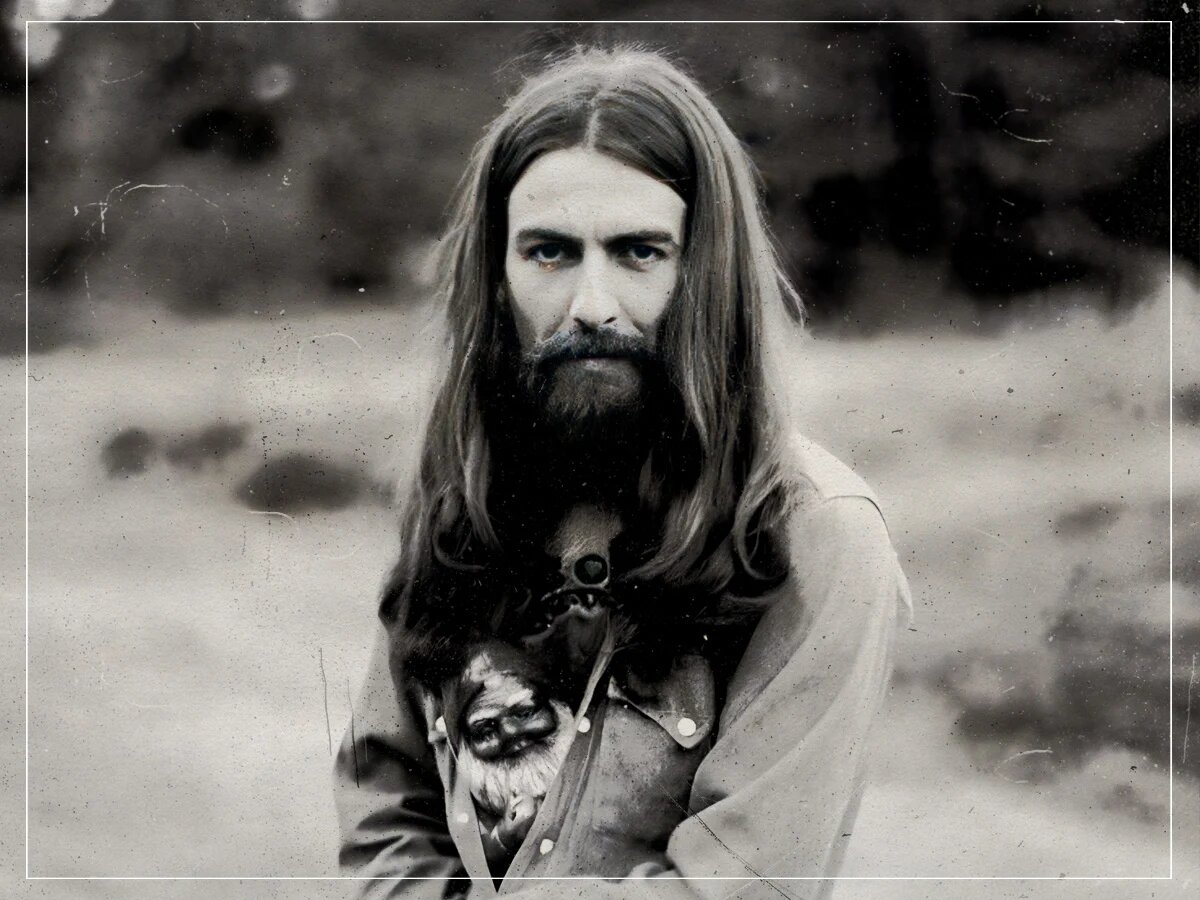The possibility that one of the greatest bands in history may not have reached their full potential is hard to fathom. The Beatles ruled the world for a while, but it’s possible that they could have become even more of a phenomenon if George Harrison, the band’s guitarist, had been able to shed the nickname “Quiet Beatle” sooner rather than later.
It’s even more bizarre to consider that Harrison was a genuinely unhappy man despite the band being surrounded by all the trappings that fame and wealth can bring.
The composition challenges Harrison encountered with the trio are well known; he struggled to break through the impenetrable barrier of Paul McCartney and John Lennon.
One of the main causes of the group’s initial dissolution can be attributed to Harrison’s internal and external difficulties.

It’s even more bizarre to consider that Harrison was a genuinely unhappy man despite the band being surrounded by all the trappings that fame and wealth can bring. It is well known that Harrison struggled with songwriting in the group.
Lennon and McCartney were the band’s main songwriters for the majority of their time together. Harrison had to deal with a different reality, even though Lennon finally permitted McCartney to contribute more songs after he expressed an interest in writing.
Harrison was mainly ignored when he stated that he wanted to write. He was able to provide more tunes over time, but it was a difficult and tedious process.
It’s understandable why he might have needed a vacation from the constant business meetings and dubious dealings that came with being in the largest band in the world. But George Harrison would go on to pen one of The Beatles’ best songs during one of these pauses.
Being a member of The Beatles no longer only meant having to deal with girls yelling at you as you drove down the street or having your songs hit number one on the charts.
By 1969, being one of the Fab Four was a demanding job, filled with business problems, legal battles, and a constant sense of pressure to perform. It seems sense that the pressure required to be let out. Harrison would constantly go to his closest friend Eric Clapton in order to feel that freedom.
Following a particularly trying time, Harrison made the decision that, if only temporarily, he had to leave The Beatles behind. He was able to write “Here Comes The Sun” from Abbey Road, one of his most well-known songs, after the pressure was released.
Harrison broke out of the Apple headquarters and made his way to Surrey’s Ewhurst, home of Clapton. “Here Comes The Sun” was composed at a time when Apple was becoming like school, when we had to go and be businessmen: ‘Sign this’ and ‘Sign that.’ Harrison picks up the story in The Beatles’ Anthology.
“In any case, it seems like winter never ends in England; you truly deserve it by the time spring arrives,” he continued. “I went to Eric Clapton’s house after deciding one day to droop off of Apple. I was so relieved not to have to go visit all those annoying accountants, and I penned “Here Comes The Sun” while strolling through the garden with one of Eric’s acoustic guitars.
Speaking at the time, Harrison also implies that “If I Needed Someone” and “Bells of Rhymeney” by The Byrds are similar songs to the song: “I wrote it in Eric Clapton’s garden on a lovely, sunny day this early in the summer,” he remarked. We’d had a terrible day at work, and that day I felt like I was falling asleep, almost like I was in school. Simply put, I missed one day of work.
It was also a very pleasant day, and there was just a relief from the sun. And that tune appeared out of nowhere. It sounds a lot like If I Needed Someone, with the same kind of basic riff running through it as in all those “Bells of Rhymney” songs.
The poetry of the moment is captured in Harrison’s songwriting and sees the guitarist expertly contain the joy of spring and sunshine. In the studio, the song would use a then-recent invention from Robert Moog—the synthesiser. Speaking in Anthology, Harrison said of the choice: “I first heard about the Moog synthesiser in America. I had to have mine made especially because Mr Moog had only just invented it. It was enormous, with hundreds of jackplugs and two keyboards.”
“But it was one thing having one, and another trying to make it work,” he continued. “There wasn’t an instruction manual, and even if there had been it would probably have been a couple of thousand pages long. I don’t think even Mr Moog knew how to get music out of it; it was more of a technical thing. When you listen to the sounds on songs like ‘Here Comes The Sun’, it does do some good things, but they’re all very kind of infant sounds.”
For Harrison, there couldn’t be a song more akin to his standing at the time. Within The Beatles set-up, he was frustrated and stifled at every turn, more useful for his signature than anything else. The studio was tough and the stage was now non-existent. The Fab Four had lost its glimmer. Away from The Beatles, however, whether it is with Bob Dylan or Eric Clapton, he was able to write some of his most poignant and poetic songs. It was the sign he needed to tell him to get out of the Fab Four and start out on his own.
If writing a song like ‘Here Comes The Sun’ doesn’t tell you to start getting out of the office more, then we don’t know what will.
